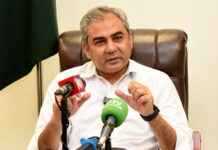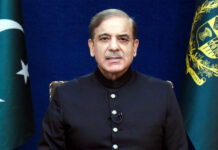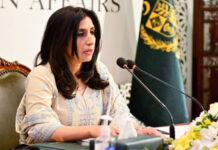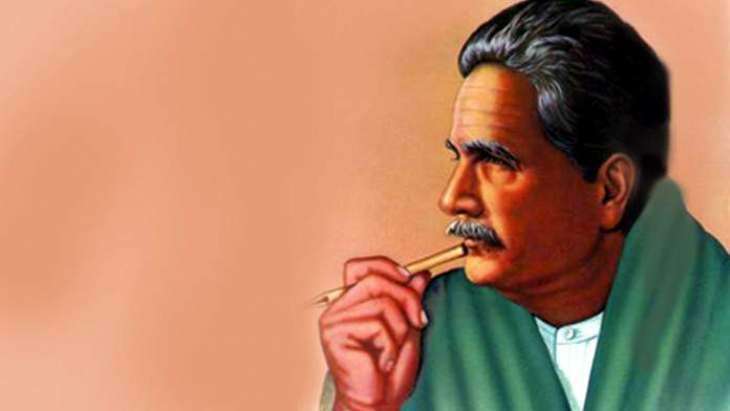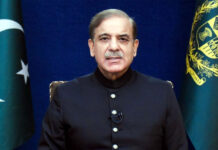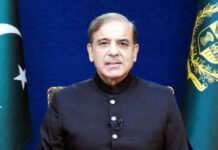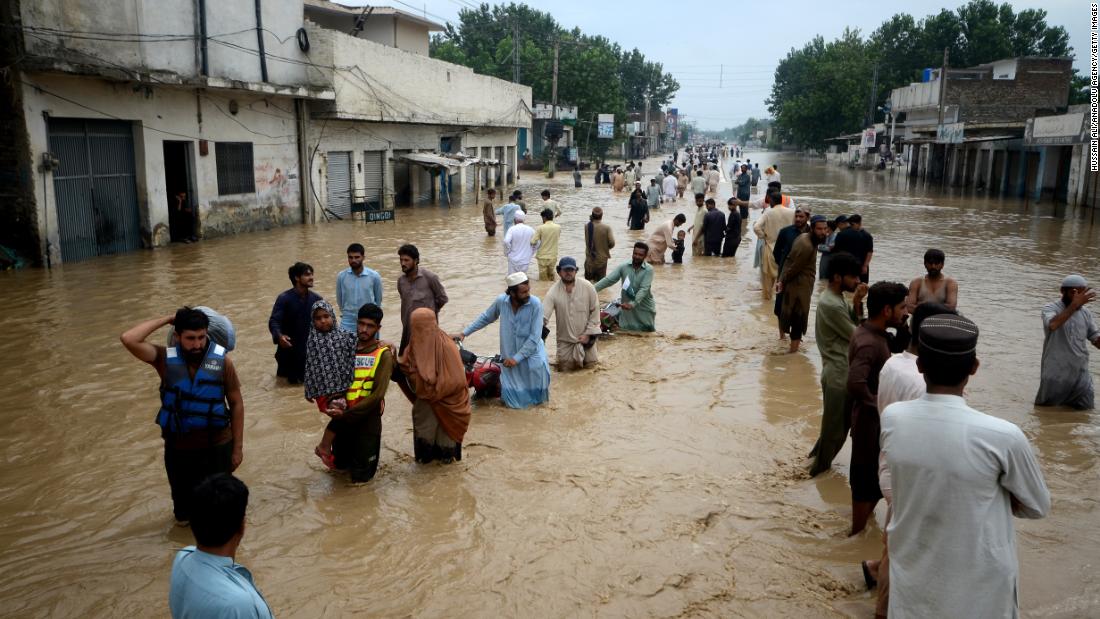
The total number of deaths in Sindh has reached 470, while K-P’s toll escalated to 385. In Punjab, 188 people have died in total.
Moreover, 12,577 people were injured in the past 24 hours, the highest figure being recorded from Sindh with 7,204 people due to the rain and flooding. On the other hand, the number of houses that have thus far been destroyed in the calamity has reached 1.4 million. The official data further revealed that 735,584 cattle have perished in the catastrophe, while the destruction from the monsoons and flooding is still ongoing in some severely-affected parts of the country. The economic losses from the floods are estimated at Rs2.5 trillion or over $11 billion. Prime Minister Shehbaz Sharif had also said that the recent floods caused more damage than the 2010 calamity. Due to the 2010 super floods, the economic growth rate had slowed down by 2% and the economic losses had been estimated at $9.7 billion.
The floods have also caused supply chain-related issues and the Ministry of Finance has estimated that the inflation rate may soar to 26%, compared to the budget target of 11.5%.
Briefing the media persons at National Flood Response and Coordination Center in Islamabad, Chairman NDMA said that heavy rainfall was expected, but the downpour was exponentially above the forecast, resulting in extreme flooding across the country.
The rains – which were to occur in Khyber Pakhtunkhwa, Azad Kashmir, and northern areas – shifted from their traditional routes and occurred in Balochistan s eastern areas, Southern KP, Punjab s DG Khan and Rajanpur, and across Sindh. “The rains were extremely heavy in Sindh, which led to an unprecedented situation,” he said. He said rescue and relief operation is continuing in flood affected areas and they have provided four hundred and twenty thousand tents and keeping in view the heavy demand of tents, an effort has been made to build the capacity of tent manufacturing. He said fifty-seven thousand and four hundred food packages have been distributed amongst the flood victims.
The chairman NDMA said there has been a good international response to the UN flash appeal for the assistance of flood affected people. He said twenty-nine relief goods flights have been received over the last four days. These included ten from Turkey, eleven from the UAE, four from China, two from Qatar and one each from Uzbekistan and France. He said these flights carried goods such as 2728 tents, ninety-eight tons food packages, fifty boats and fifty-six tons medicines. Record monsoon rains and melting glaciers in northern mountains brought floods that have killed at least 1,208 people, including 416 children, the National Disaster Management Authority (NDMA) has said. The armed forces said they rescued a further 2,000 people stranded by rising floodwaters, while the Edhi Foundation warned that the situation was serious, as “90% people are still awaiting any kind of assistance” and that “people are starving”.
Faisal Edhi, the head of the Edhi Foundation, who spent the last nine days in the flood-hit areas, described the situation as grim and called on the government to lift a years-old ban on some international NGOs. “The situation is very bad, and it seems it will worsen,” Edhi told reporters. “Pakistan is struggling to respond to the floods given their unprecedented magnitude. The government has said 33 million people – 15% of population – have been affected.” The UN children’s agency Unicef said on Friday many more children could die from disease. “There is now a high risk of water-borne, deadly diseases spreading rapidly-diarrhea, cholera, dengue, malaria,” UNICEF Pakistan Representative Abdullah Fadil told a Geneva press briefing. “There is therefore a risk of many more child deaths,” he said.

